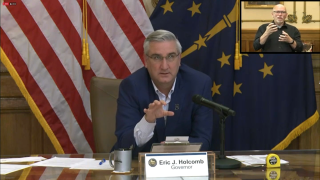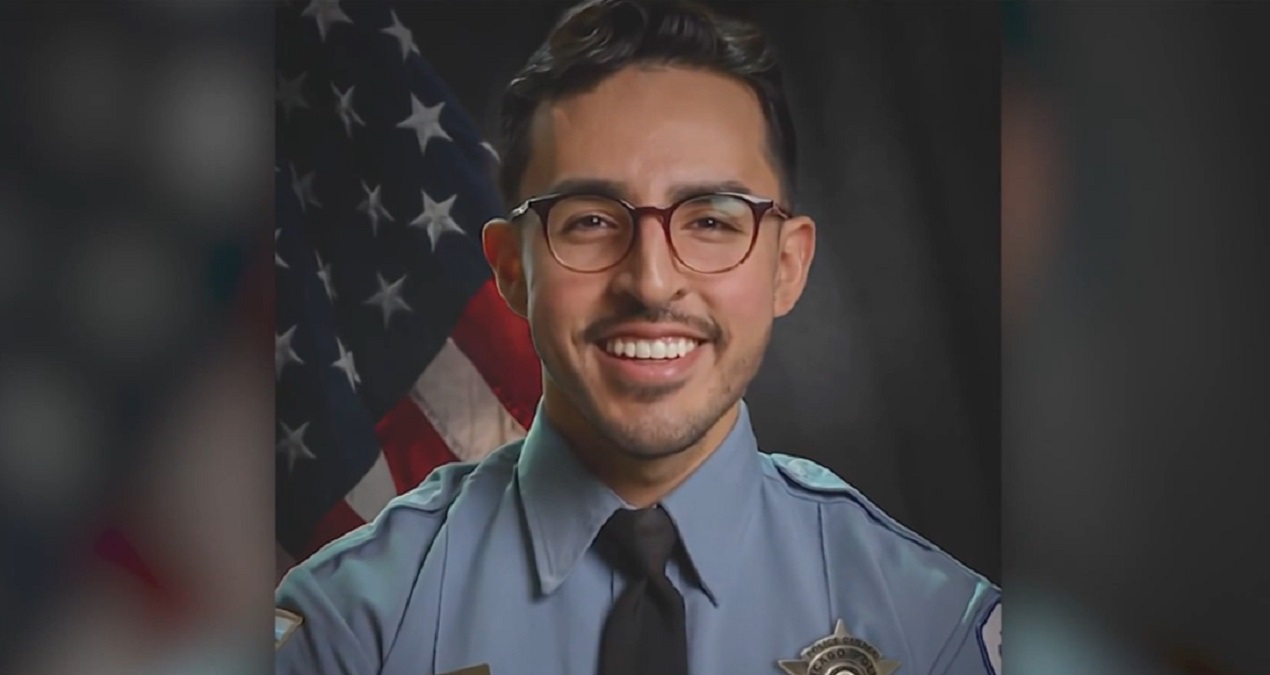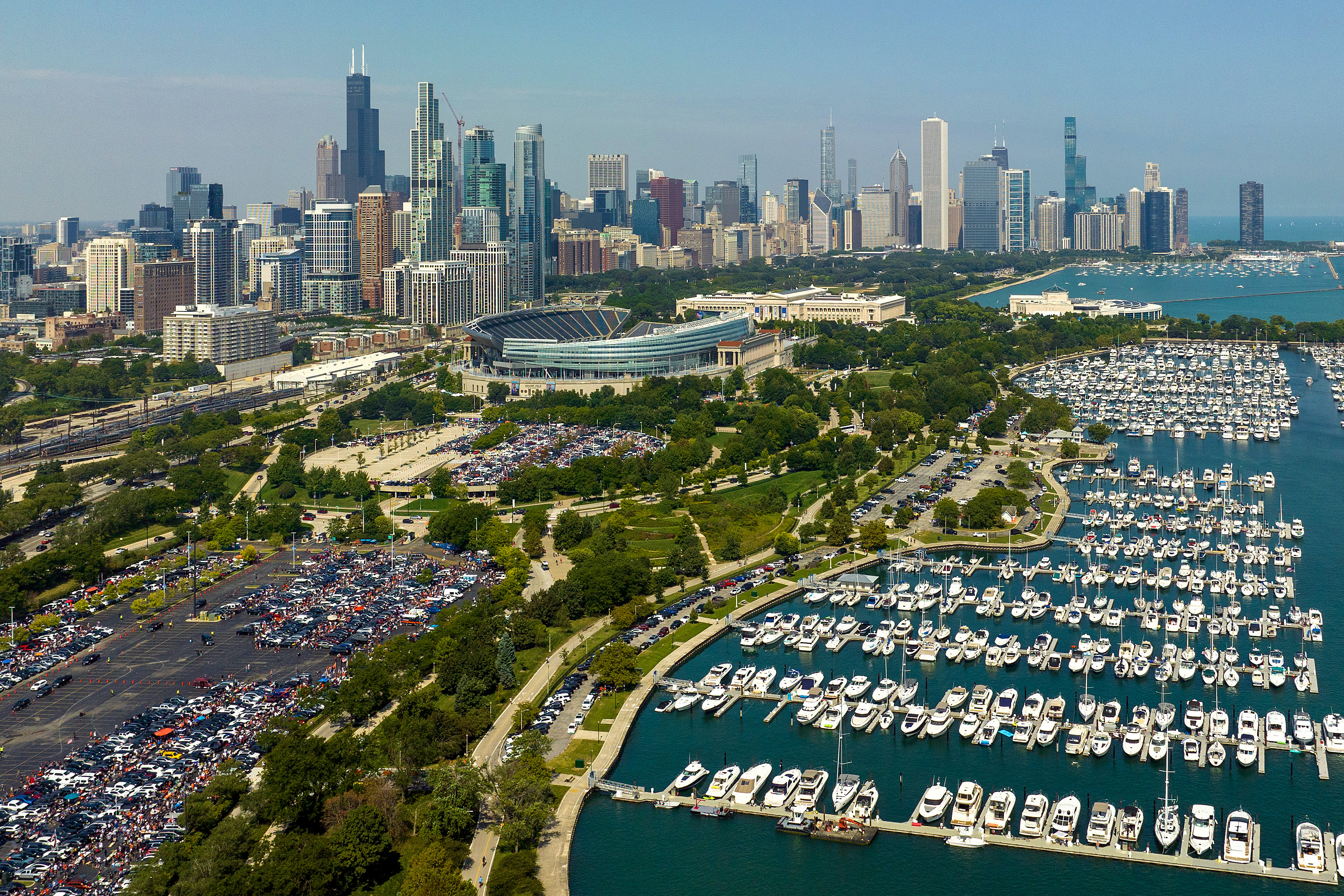
Republican Gov. Eric Holcomb hears lots of criticism over how he’s led Indiana during the coronavirus pandemic over the past seven months.
The two challengers to Holcomb’s reelection bid split on whether he’s been too passive in attacking the virus spread or that he’s trampled people’s rights with the statewide stay-at-home order early in the outbreak and the mask mandate first issued in July.
Holcomb has huge campaign fundraising and organization advantages over Democrat Woody Myers and Libertarian Donald Rainwater that he’s built leading the Republican-dominated state government without a well-known election foe.
While Indiana has seen recent sharp increases in COVID-19 hospitalizations and new infections, Holcomb’s message has gone between chastising those who resist wearing masks and touting his actions.
When asked recently what he would have done differently in responding to the pandemic, Holcomb replied: “I don’t say this arrogantly, but not too much.”
“Our economy is open. So, it’s really balancing the lives and the livelihoods,” Holcomb told WXIN-TV.
Some conservatives around the state are angry with Holcomb deciding which businesses were nonessential and forced to close during the early weeks of the pandemic, which many maintain shut down many small businesses while large national retailers stayed open and busy with customers.
News
Rainwater is appealing to those voters with a message that “all Hoosiers are essential” as he flatly opposes the mask requirement and pledges to undo Holcomb’s executive orders.
Myers, a physician and former state health commissioner, maintains Holcomb should reinstate capacity limits in bars and restaurants and lower the maximum crowd sizes — especially as Indiana’s COVID-19 hospitalizations have reached levels last reached in May — heading into the influenza season.
Myers said the mask mandate should be altered so that violators could face fines as a way for spurring “hardheaded Hoosiers” resisting their use into understanding their importance.
“Instead of swift action, we’re seeing a governor frozen in the intensifying spotlight choosing the politically convenient path of doing nothing,” Myers said. “It is clear to me that Indiana is now losing the battle against COVID-19.”
Myers, a 66-year-old with degrees from Stanford and Harvard, is the first Black person to be a major party nominee for Indiana governor. He’s talked about his experiences having a gun pulled on him while growing up in Indianapolis and facing racial discrimination as a medical student.
Myers says he would use experiences to tackle issues of racial injustice and police reform. He gained prominence as Indiana’s state health commissioner in the 1980s by advocating for teenage AIDS patient Ryan White’s right to attend a public school that sought to keep him out due to his illness. Myers later held string of corporate health care executive positions across the country.
Myers faults Holcomb and the Republican-dominated Legislature for inaction on many fronts, leaving Indiana near the bottom national rankings in health and education.
“I want people to know that there’s fairness and diversity and inclusion,” Myers said.
Holcomb maintains Indiana’s economy is strong and bouncing back quickly, pointing to the state’s 3% unemployment rate before coronavirus shutdowns started in March and how it has dropped from a high of 17.5% to 6.4% for August.
Holcomb also argues that Indiana will recover from the economic downturn better than other state governments because of the $2.3 billion in cash reserves built up over several years.
“We had a very attractive economic architecture in January, February going into the pandemic — that’s still there,” Holcomb said.
Holcomb has been able to far overshadow Myers and Rainwater across the state thanks to the $12.5 million his campaign has raised.
Some labor unions that typically back Democrats have endorsed Holcomb and none has given Myers large contributions. That’s been among of the troubles Myers has faced in raising about $1.2 million, including some $300,000 he’s loaned to the campaign, and leaving him unable to air TV and radio commercials and rely, instead, on social media.
Recent Libertarian governor candidates have topped out at 4% of the vote in the 2012 election, but discontent with Holcomb’s coronavirus orders could boost Rainwater higher.
Rainwater, a 57-year-old information technology manager, said he takes COVID-19 seriously but argues state officials should have been better prepared for the outbreak.
“Hollywood has been making movies about global pandemics and zombie apocalypse for decades,” Rainwater said. “How did we have no idea how to prepare our citizens to make the right choices and right decisions on their own? Why did we feel the need to react by mandate?”
Rainwater’s platform includes calling for elimination of the state’s individual income tax, which is expected to bring in nearly $6.4 billion, or about 40%, of the current year’s state budget, second only to sales tax revenue.
Rainwater argues Florida and eight other states function without individual income taxes and that economic growth and elimination of waste and abuse in state spending will make up for the revenue loss. Some Republicans and economists have scoffed at his stance, saying it isn’t realistic.
Through it all, Holcomb keeps talking up what he calls the state's success from the past 16 years of Republican governors.
“We’re in good shape when we get to the other side of this,” he said.



